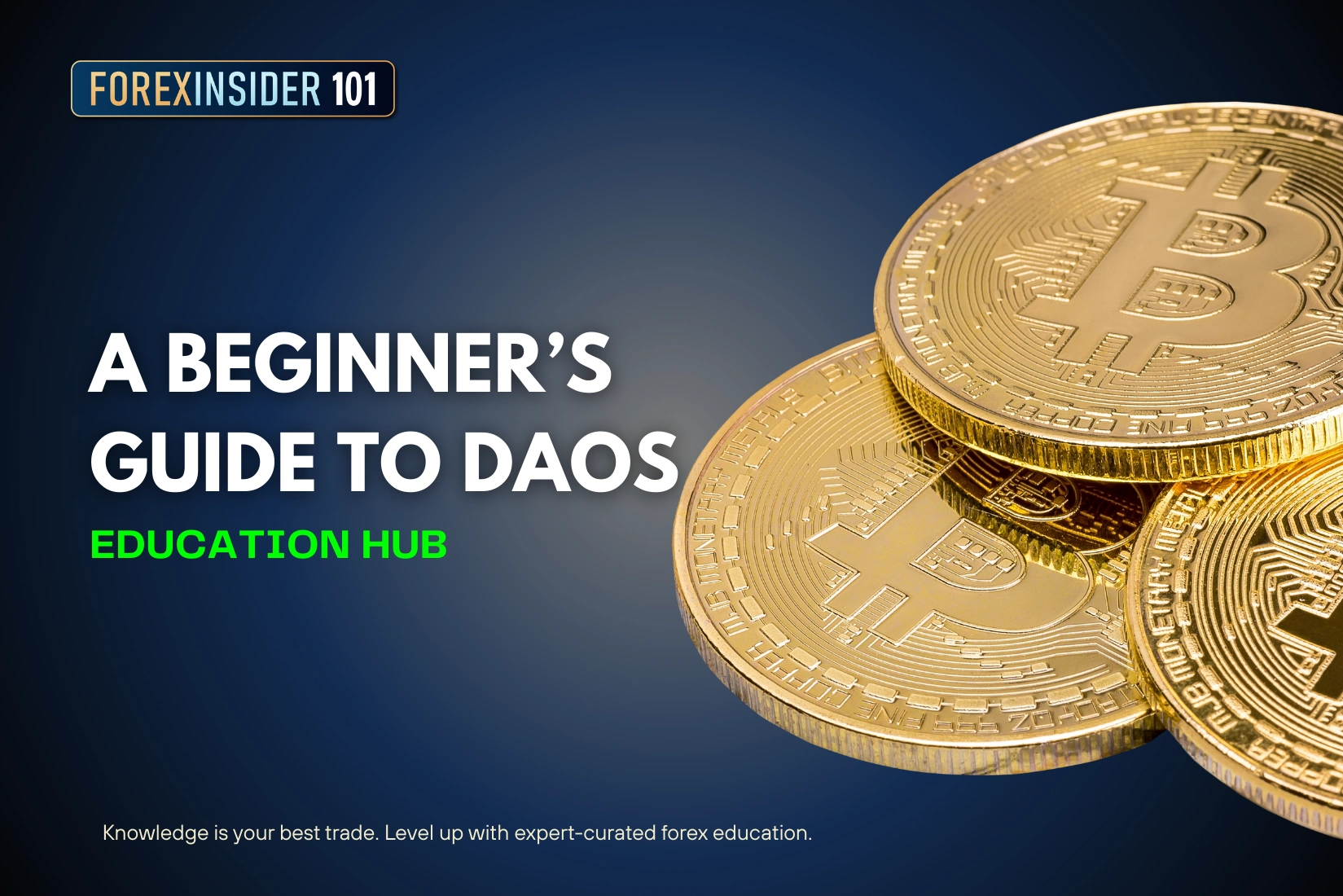DAOs for beginners can seem complicated at first glance, but at their core, they are a new way for people to organize and make decisions collectively. DAO stands for Decentralized Autonomous Organization, and it operates without the need for a central authority. Instead of a CEO or board making final decisions, a DAO uses smart contracts and token-based voting to decide what happens next.
The concept emerged alongside the broader cryptocurrency ecosystem. The first major DAO experiment, simply called “The DAO,” launched in 2016. While it faced setbacks, including a high-profile hack, the idea sparked ongoing development. Today, DAOs are applied across decentralized finance (DeFi), online communities, investment groups, and even charities.
Why DAOs Exist: A Shift in How Communities Operate
Traditional organizations rely on hierarchies. Decisions filter down through managers, directors, and executives. In contrast, a DAO is designed to be flat, transparent, and governed by its members.
Each decision is usually submitted as a proposal. Members, who hold governance tokens, vote on whether the proposal passes. Voting power can vary — in some DAOs, one token equals one vote, while others design more complex systems to prevent domination by large holders.
This structure is especially appealing for global online communities. People can coordinate without needing to register as a legal entity in a single country, and anyone with internet access can contribute.
DAOs for Beginners: How DAOs Work in Practice
A DAO typically runs on a blockchain like Ethereum, where smart contracts enforce the rules. Once deployed, these rules are difficult to change without member consensus. Funding is often managed through a shared treasury, which the community votes on how to allocate.
For example:
- A DAO for artists may pool funds to commission collective projects.
- A DeFi DAO might adjust lending rates or approve partnerships.
- A charity DAO could decide which local organizations receive grants.
All of this is recorded on the blockchain, meaning transactions and decisions remain publicly verifiable.
Table: Examples of Prominent DAOs (as of 2025)
| DAO Name | Focus Area | Blockchain | Notable Feature |
|---|---|---|---|
| Uniswap DAO | Decentralized Exchange | Ethereum | Members vote on protocol upgrades and fees |
| MakerDAO | Stablecoin Governance | Ethereum | Oversees DAI, a leading decentralized stablecoin |
| ENS DAO | Naming Service | Ethereum | Governs the Ethereum Name Service (ENS) system |
| BitDAO | Investment & Treasury | Ethereum | One of the largest treasuries in DeFi |
| Friends With Benefits (FWB) | Social/Community | Ethereum | Membership-based cultural community DAO |
Steps for Beginners: How to Join a DAO
Joining a DAO does not require a legal contract. Instead, it usually involves holding its governance tokens or registering through its platform. Here’s a simplified path:
- Research the DAO
Understand its mission, structure, and community activity. Check transparency, treasury management, and participation levels. - Set Up a Crypto Wallet
A wallet like MetaMask is often needed to interact with the DAO’s platform. This is where governance tokens are stored. - Acquire Governance Tokens
Tokens may be purchased on exchanges or earned through contributions. These tokens represent voting rights. - Join the Community
Many DAOs host discussions on Discord, Telegram, or forums. Engagement helps newcomers learn how decisions are made. - Vote and Propose
Once you hold tokens, you can vote on proposals. Over time, active members may submit proposals themselves.
DAOs for Beginners: Challenges and Risks for DAO Newcomers
Despite their appeal, DAOs are not without risks. Beginners should be aware of several challenges:
- Security Concerns: Smart contracts can be exploited if coded poorly. The 2016 DAO hack highlighted this risk.
- Governance Imbalances: Token-weighted voting can allow wealthy holders to dominate decisions.
- Legal Uncertainty: In many jurisdictions, DAOs lack clear legal recognition. This creates challenges for liability and compliance.
- Coordination Issues: With global participation, DAOs can suffer from low voter turnout or slow decision-making.
Still, many DAOs have matured with stronger safeguards, improved coding audits, and frameworks for fairer governance.
Real-Life Context: The Growth of DAOs
According to DeepDAO, which tracks DAO activity, treasury assets across DAOs exceeded $30 billion in 2024, reflecting their rapid growth. Participation also grew significantly, with thousands of active contributors worldwide.
Communities now exist across areas as diverse as decentralized finance, social clubs, art collectives, and even gaming guilds. For beginners, DAOs represent not just a technology but a new form of online collaboration.
Conclusion: DAOs for Beginners as a Path to Digital Participation
DAOs for beginners are more than a passing trend. They represent an experiment in digital governance and collective ownership. By understanding their structure, risks, and methods of participation, newcomers can join communities that match their interests — whether in finance, culture, or social causes.
As these organizations evolve, the opportunities for meaningful involvement will continue to expand. For anyone curious about decentralized collaboration, DAOs for beginners offer an accessible entry point into the future of digital communities.



